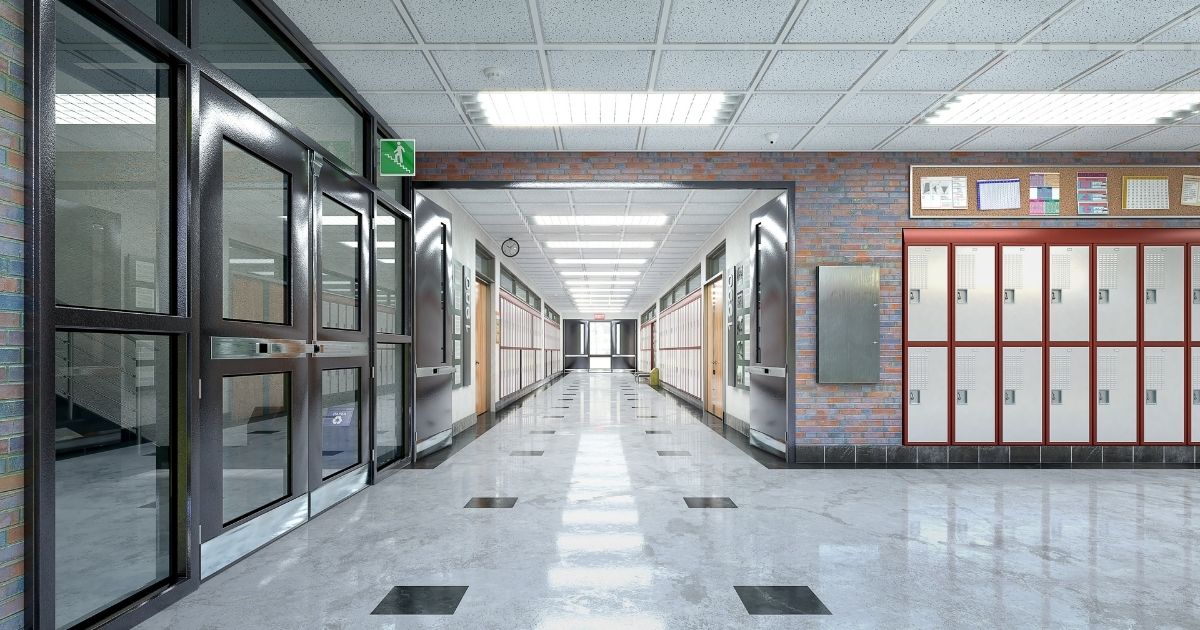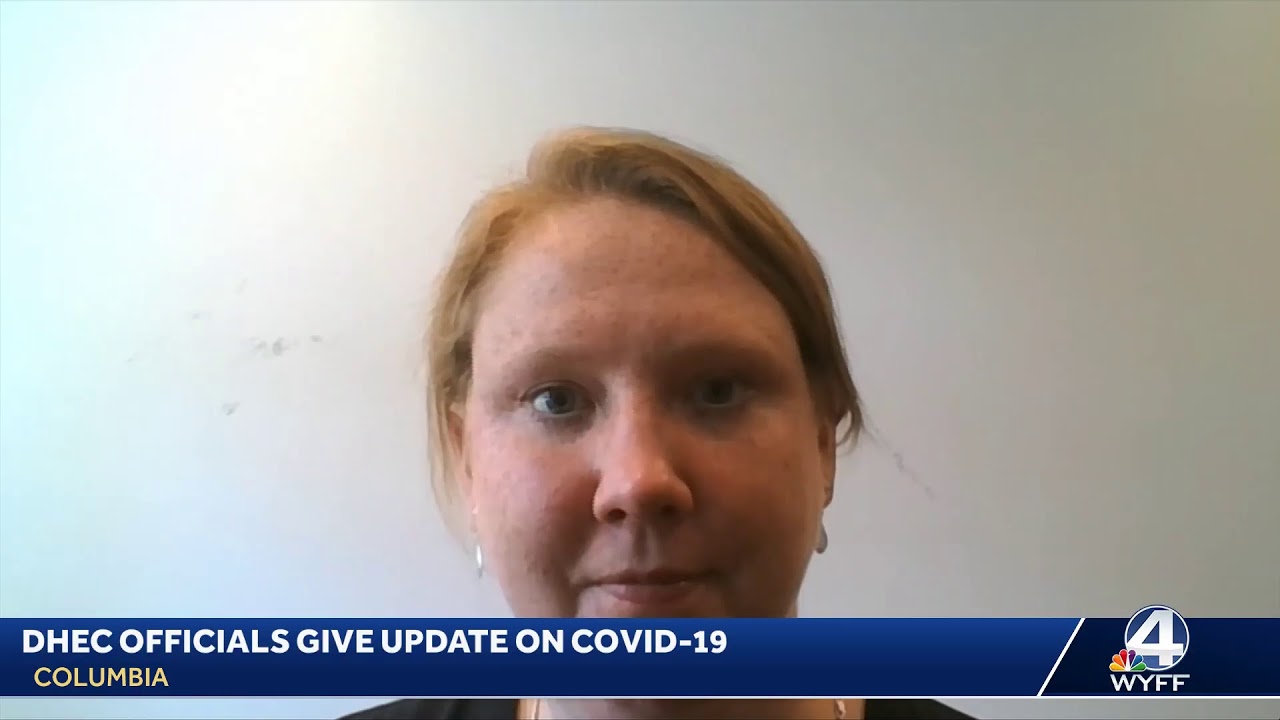
Just eight months into owning his Spartanburg fine dining restaurant, Two Samuels, Kevin Ramsey is being forced to vacate the building. Despite adding service time and opening up a mobile-friendly kitchen option, Ramsey faced insurmountable lease costs. He said the landlord required $60,000, but with the COVID-19 pandemic, he was bringing in less than $25,000 in revenue. “I had a decision to make, either borrowing more funds, putting us more into debt and continuing with debt we have or not borrowing,” Ramsey said. “I’m disappointed that this couldn’t become what I wanted it to be.” Two Samuels will serve its final meal Sunday. Ramsey said the landlord would forgive his outstanding debt, making it possible to build capital for another restaurant down the road.“This is something in Spartanburg that’s going to be greatly missed,” Ramsey said. “Hopefully one day, we get to reopen.” Ramsey’s restaurant closure follows a troubling trend throughout the pandemic of eateries shutting their doors. Spartanburg County Councilman David Britt said he knew of about 15 restaurants that have shut down over the past few months. “Pre-COVID, restaurants and particularly smaller restaurants and family-owned businesses operated on a small margin anyhow,” Britt said. “The greatest percentage of restaurants were struggling just to break even, if that. Now you go on for six months. It’s life or death for them right now.” Britt called restaurants part of the fabric of communities, emphasizing their role as job creators and attractions for residents and tourists.“Restaurants serve a very important function to us, not only serving food but employing so many people,” Britt said. “We are dependent upon them and we need to support them.” Britt serves on the Bringing Back the Burg business recovery task force in Spartanburg. The group works to ensure local businesses, eateries among them, can reopen and operate safely with the necessary financial assistance. Allen Smith, president and CEO of One Spartanburg Inc., also works on the task force. He credited the restaurant industry with remaining innovative, creative and resilient during a challenging time. He said in spite of restaurant closures, several business owners have stepped in and filled the void with new businesses. Smith said the hospitality tax over the summer recorded higher numbers than during the same time last year. Smith worried about fourth quarter success though, especially as cooler weather could pose a threat to outdoor dining at restaurants with already capped indoor capacity. Smith said Spartanburg businesses could take advantage of the $700,000 small business recovery fund. Smith said another challenge was restaurants finding talent to staff dining areas and kitchens. Wade Lindsey, general manager at Wade’s in Spartanburg, attested to that struggle. Lindsey said the 74-year-old restaurant has added online ordering and updated its phone and technology services, going through trial and error to try and keep business afloat. “We’ve always tried to think a little ways ahead,” Lindsey said. “We can only handle so much from half a dining room. Overall, we’re still not where we were, but we’re very lucky. We have a very loyal customer base and a lot of our staff was able to stay with us. Just little things like that shave off all the big changes being thrown at you each day.”With an uncertain outlook on the rest of the year and beyond, Kevin Ramsey hopes he’s able to turn his fortunes around and restart at some point soon.“Anyone who knows me knows you don’t look at me and just say give up,” Ramsey said. “It just doesn’t happen. We’re not going to do that here.”
Just eight months into owning his Spartanburg fine dining restaurant, Two Samuels, Kevin Ramsey is being forced to vacate the building.
Despite adding service time and opening up a mobile-friendly kitchen option, Ramsey faced insurmountable lease costs. He said the landlord required $60,000, but with the COVID-19 pandemic, he was bringing in less than $25,000 in revenue.
Advertisement
“I had a decision to make, either borrowing more funds, putting us more into debt and continuing with debt we have or not borrowing,” Ramsey said. “I’m disappointed that this couldn’t become what I wanted it to be.”
Two Samuels will serve its final meal Sunday. Ramsey said the landlord would forgive his outstanding debt, making it possible to build capital for another restaurant down the road.
“This is something in Spartanburg that’s going to be greatly missed,” Ramsey said. “Hopefully one day, we get to reopen.”
Ramsey’s restaurant closure follows a troubling trend throughout the pandemic of eateries shutting their doors. Spartanburg County Councilman David Britt said he knew of about 15 restaurants that have shut down over the past few months.
“Pre-COVID, restaurants and particularly smaller restaurants and family-owned businesses operated on a small margin anyhow,” Britt said. “The greatest percentage of restaurants were struggling just to break even, if that. Now you go on for six months. It’s life or death for them right now.”
Britt called restaurants part of the fabric of communities, emphasizing their role as job creators and attractions for residents and tourists.
“Restaurants serve a very important function to us, not only serving food but employing so many people,” Britt said. “We are dependent upon them and we need to support them.”
Britt serves on the Bringing Back the Burg business recovery task force in Spartanburg. The group works to ensure local businesses, eateries among them, can reopen and operate safely with the necessary financial assistance.
Allen Smith, president and CEO of One Spartanburg Inc., also works on the task force. He credited the restaurant industry with remaining innovative, creative and resilient during a challenging time. He said in spite of restaurant closures, several business owners have stepped in and filled the void with new businesses. Smith said the hospitality tax over the summer recorded higher numbers than during the same time last year.
Smith worried about fourth quarter success though, especially as cooler weather could pose a threat to outdoor dining at restaurants with already capped indoor capacity. Smith said Spartanburg businesses could take advantage of the $700,000 small business recovery fund. Smith said another challenge was restaurants finding talent to staff dining areas and kitchens.
Wade Lindsey, general manager at Wade’s in Spartanburg, attested to that struggle. Lindsey said the 74-year-old restaurant has added online ordering and updated its phone and technology services, going through trial and error to try and keep business afloat.
“We’ve always tried to think a little ways ahead,” Lindsey said. “We can only handle so much from half a dining room. Overall, we’re still not where we were, but we’re very lucky. We have a very loyal customer base and a lot of our staff was able to stay with us. Just little things like that shave off all the big changes being thrown at you each day.”
With an uncertain outlook on the rest of the year and beyond, Kevin Ramsey hopes he’s able to turn his fortunes around and restart at some point soon.
“Anyone who knows me knows you don’t look at me and just say give up,” Ramsey said. “It just doesn’t happen. We’re not going to do that here.”










